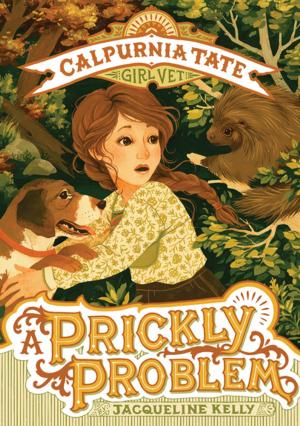You've Got Ketchup on Your Muumuu
An A-to-Z Guide to English Words from Around the World
Nonfiction, Reference & Language, Language Arts, Linguistics| Author: | Eugene Ehrlich | ISBN: | 9781466863194 |
| Publisher: | Henry Holt and Co. | Publication: | January 28, 2014 |
| Imprint: | Henry Holt and Co. | Language: | English |
| Author: | Eugene Ehrlich |
| ISBN: | 9781466863194 |
| Publisher: | Henry Holt and Co. |
| Publication: | January 28, 2014 |
| Imprint: | Henry Holt and Co. |
| Language: | English |
From one of America's top wordsmiths, a lively survey of words from abroad that make English a truly international language.
With dry wit and remarkable erudition, Eugene Ehrlich's You've Got Ketchup on Your Muumuu takes us on an eye-opening tour of our ever-changing language, showing us how English has, throughout its history, seamlessly sewn words from other languages into its original fabric. The language we call our own has in fact been culled from the languages of ancient invaders, such as the Romans, the Angles, the Saxons, the Jutes, and the French.
Ehrlich's comprehensive research and vast lingual experience bring to light the origins of some of our most popular and well-used words. For example, graffiti is shown to come from the Italian word meaning "scratches." The word for one of our favorite French pastries, éclair, means "lightning flash." And ketchup comes from the Chinese Ke-Jap, which means "fish sauce."
Ehrlich illuminates the origins, purposes, and meanings of once-foreign words that have become part of the rich texture of our language.
From one of America's top wordsmiths, a lively survey of words from abroad that make English a truly international language.
With dry wit and remarkable erudition, Eugene Ehrlich's You've Got Ketchup on Your Muumuu takes us on an eye-opening tour of our ever-changing language, showing us how English has, throughout its history, seamlessly sewn words from other languages into its original fabric. The language we call our own has in fact been culled from the languages of ancient invaders, such as the Romans, the Angles, the Saxons, the Jutes, and the French.
Ehrlich's comprehensive research and vast lingual experience bring to light the origins of some of our most popular and well-used words. For example, graffiti is shown to come from the Italian word meaning "scratches." The word for one of our favorite French pastries, éclair, means "lightning flash." And ketchup comes from the Chinese Ke-Jap, which means "fish sauce."
Ehrlich illuminates the origins, purposes, and meanings of once-foreign words that have become part of the rich texture of our language.















